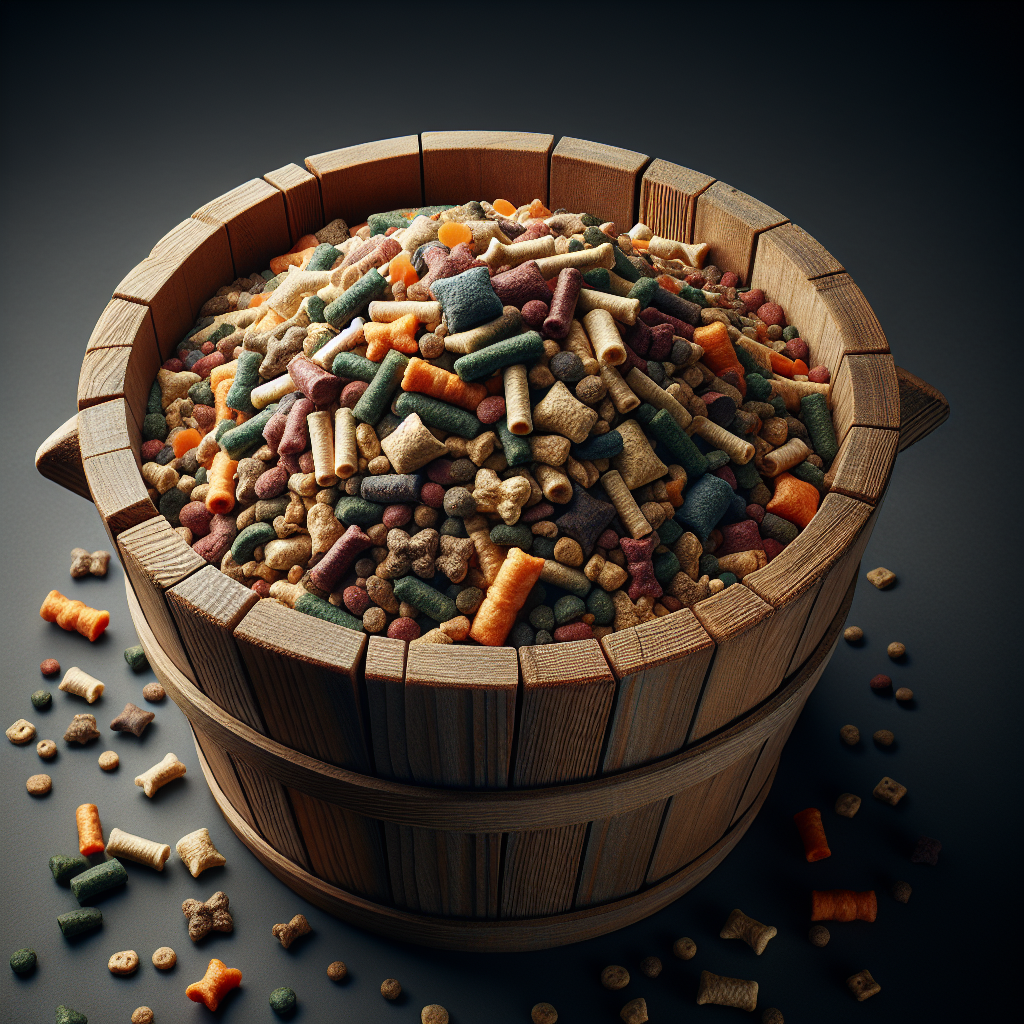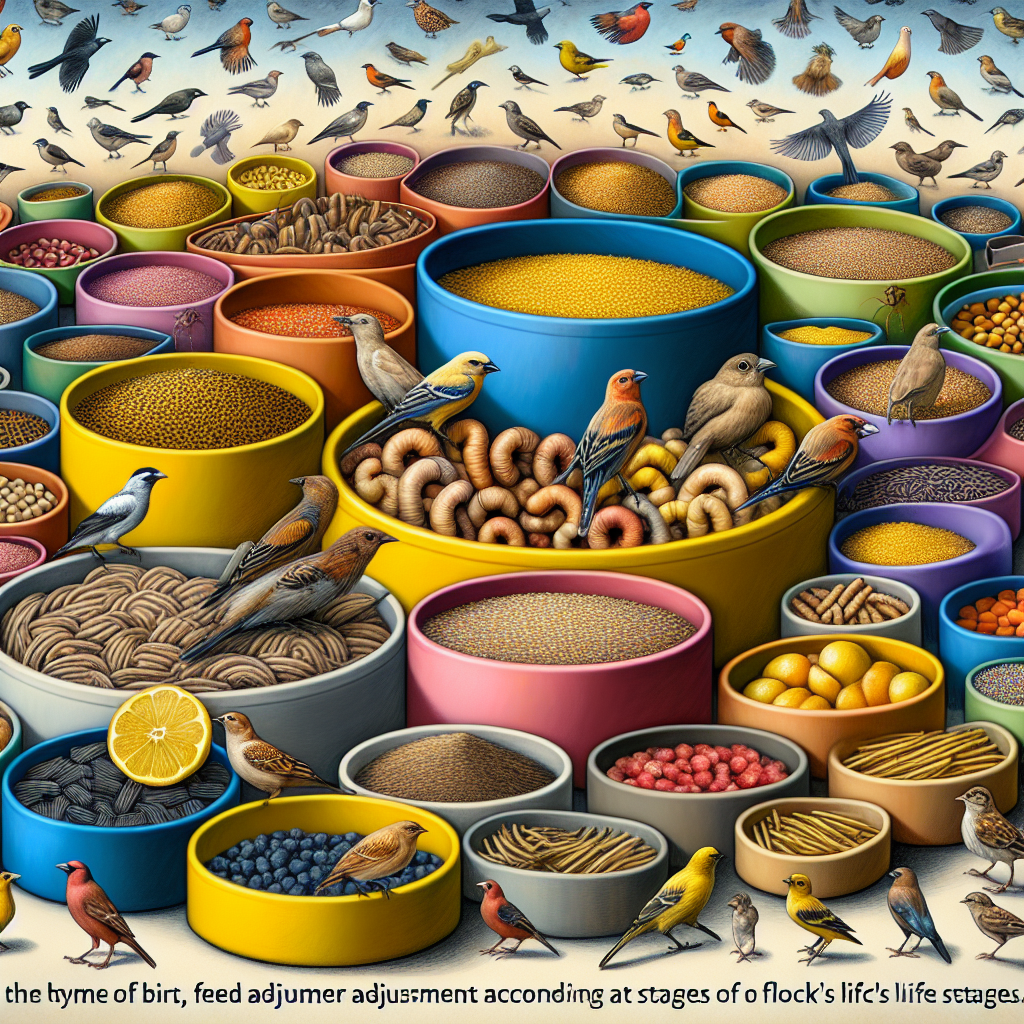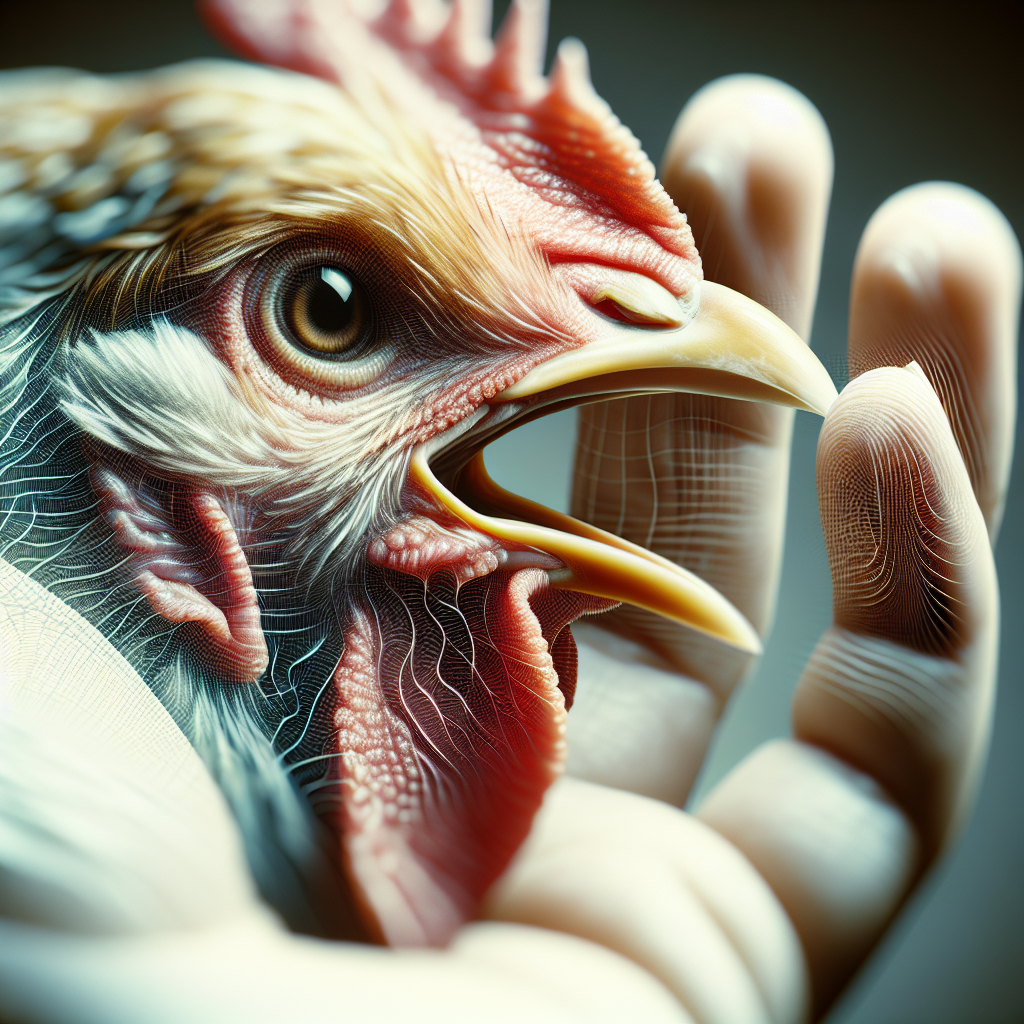Chickens, like humans, have different nutritional requirements at different stages of their lives. Understanding the protein needs of chickens is essential for their overall health and well-being. From chick to mature hen, each life stage requires a specific amount of protein to ensure proper growth and development. In this article, we will explore the protein needs of chickens at different life stages, providing valuable insights for poultry owners and enthusiasts alike. So, whether you’re a novice chicken raiser or a seasoned expert, read on to discover how to meet the nutritional needs of your feathered friends.
Protein Needs of Chickens
Chickens have different protein needs at each stage of their lives to support their growth, development, and overall health. In this article, we will explore the protein requirements of chickens during the embryonic stage, chick stage, grower stage, developer stage, and layer stage. We will also discuss the factors that can affect their protein needs, ideal protein levels for different chicken breeds, and various sources of protein for chickens.
Embryonic Stage
During the embryonic stage, a chicken’s organs and tissues begin to form. This is a critical period of development, and it is essential to provide them with the necessary nutrients, including protein. Protein plays a vital role in the growth and differentiation of cells, helping to form healthy organs and tissues.
At this stage, the protein requirement for chickens is relatively low compared to other stages of their lives. A diet containing around 18-20% protein is sufficient to meet their needs during the embryonic stage.
Chick Stage
The chick stage is characterized by rapid growth and development. During this stage, the chicks undergo several physiological changes and require increased protein intake to support their growth spurt.
Protein is necessary for feather formation and growth, which is crucial for thermoregulation and protection from the environment. A diet containing around 20-22% protein is recommended during the chick stage to meet the increased protein needs.
Grower Stage
The grower stage is a period of diverse nutritional needs for chickens. As they continue to grow, their muscles develop, and they require adequate protein for muscle growth and maintenance. Protein also supports their immune system function and encourages the healthy development of various bodily systems.
During the grower stage, the protein requirement for chickens ranges from 16-18%. It is essential to provide them with a balanced diet that meets their nutritional needs, including protein.
Developer Stage
The developer stage is a critical time for chickens as they prepare for reproduction. The focus during this stage is on bone strength and growth to support the bird’s weight and the upcoming demands of egg-laying. Protein is necessary for bone development and maintenance.
To meet their protein needs during the developer stage, a diet containing around 16-18% protein is recommended. It is vital to ensure an adequate supply of protein to support their reproductive capabilities.
Layer Stage
The layer stage is when chickens reach maturity and begin producing eggs. This stage requires additional protein to support the demanding process of egg production and the development of strong eggshells. Protein is essential for the formation of egg albumen, the protective membrane surrounding the yolk, and the development of the eggshell.
During the layer stage, chickens have a higher protein requirement. A diet containing around 18-20% protein is recommended to support proper egg production and the formation of strong eggshells.
Factors Affecting Protein Needs of Chickens
Several factors can influence the protein needs of chickens, including breed, size, activity level, and health conditions. It is crucial to consider these factors when determining the appropriate protein levels for your chickens.
Breed
Different chicken breeds have varying growth rates and metabolic rates. Some breeds may have higher protein requirements due to their genetic predisposition. Understanding the specific needs of your chicken breed can help you provide the right amount of protein to support their growth and overall health.
Size
Larger chickens require more protein to support their growth and maintain their body weight. The protein requirements of larger breeds may differ from those of smaller breeds. Adjusting their diet accordingly can ensure they receive the appropriate amount of protein to meet their needs.
Activity Level
Chickens with high levels of physical activity, such as free-range chickens or those participating in agility training, may require more protein to support their energy expenditure and muscle repair. Taking into account their activity level can help determine the optimal protein levels to maintain their overall health and performance.
Health Conditions
Certain health conditions, such as poor digestion or nutrient absorption issues, can affect how chickens utilize protein. In such cases, it may be necessary to adjust their diet or provide additional protein supplements to ensure they receive adequate nutrition.
Ideal Protein Levels for Chickens
The ideal protein levels for chickens can vary depending on their specific purpose or breed. Let’s explore the recommended protein levels for broilers, layers, and heritage breeds.
Broilers
Broilers, which are chickens raised for meat production, have higher protein requirements than other breeds. A diet containing around 20-22% protein is suitable for broilers to support their rapid growth and maximize meat production.
Layers
Layers, chickens raised for egg production, have specific nutritional needs to support their egg-laying capabilities. A diet containing around 16-18% protein is generally recommended for layers. However, during peak egg production, increasing the protein levels to around 18-20% can further promote their reproductive health.
Heritage Breeds
Heritage breeds, which include traditional and rare chicken breeds, may have varying protein requirements depending on their genetics. For most heritage breeds, a diet containing around 16-18% protein is suitable to support their growth and overall health.
Sources of Protein for Chickens
Protein for chickens can come from both animal and plant sources. A balanced diet that incorporates a variety of protein sources is essential to meet their nutritional needs. Let’s explore some common sources of protein for chickens.
Animal Proteins
Animal proteins can be an excellent source of high-quality protein for chickens. These include meat, fish, dairy products, and insects. Incorporating these protein sources into their diet can provide essential amino acids necessary for growth and development.
Plant Proteins
Plant proteins can also contribute to the protein needs of chickens. These include legumes, soybean meal, peas, and sunflower meal. Plant proteins can be used as a cost-effective alternative to animal proteins and can provide a balanced amino acid profile when combined correctly.
Supplementing with Commercial Feeds
Commercial feeds formulated specifically for chickens are a convenient way to ensure they receive an adequate amount of protein. These feeds are often balanced in terms of protein content and contain a mix of animal and plant protein sources. Following the manufacturer’s guidelines for feeding these commercial feeds can help ensure your chickens receive the necessary nutrients, including protein.
Protein Deficiency and Excess in Chickens
Both protein deficiency and excess can have detrimental effects on the health and productivity of chickens. It is crucial to monitor their protein intake and ensure they receive the appropriate amount to prevent deficiencies or excesses.
Symptoms of Deficiency
A protein deficiency in chickens can result in stunted growth, poor feather quality, reduced immune function, decreased egg production (in layers), and overall weakness. If you observe these symptoms, it is essential to evaluate their diet and consider adjusting their protein intake.
Symptoms of Excess
Excessive protein intake can cause problems for chickens, such as kidney damage and the accumulation of uric acid. Symptoms of excess protein in chickens include increased water consumption, increased urination, ammonia-like odor in the coop, and gout. If you notice these signs, it is crucial to review their diet and reduce their protein intake.
Prevention and Remedies
To prevent protein deficiencies, ensure your chickens have access to a nutritionally balanced diet that meets their specific needs at each life stage. Regularly monitor their growth, feather quality, and overall health to identify any potential issues early on.
If you suspect a protein deficiency or excess, consult with a veterinarian or poultry nutritionist for proper diagnosis and advice. They can guide you on adjusting their diet or offer suitable remedies to address the issue and restore their health.
In conclusion, understanding the protein needs of chickens at different life stages is crucial for their overall health and productivity. Providing the appropriate amount and sources of protein can support their growth, development, and reproductive capabilities. By considering factors such as breed, size, activity level, and health conditions, you can ensure your chickens receive the optimal protein levels for their specific needs.




